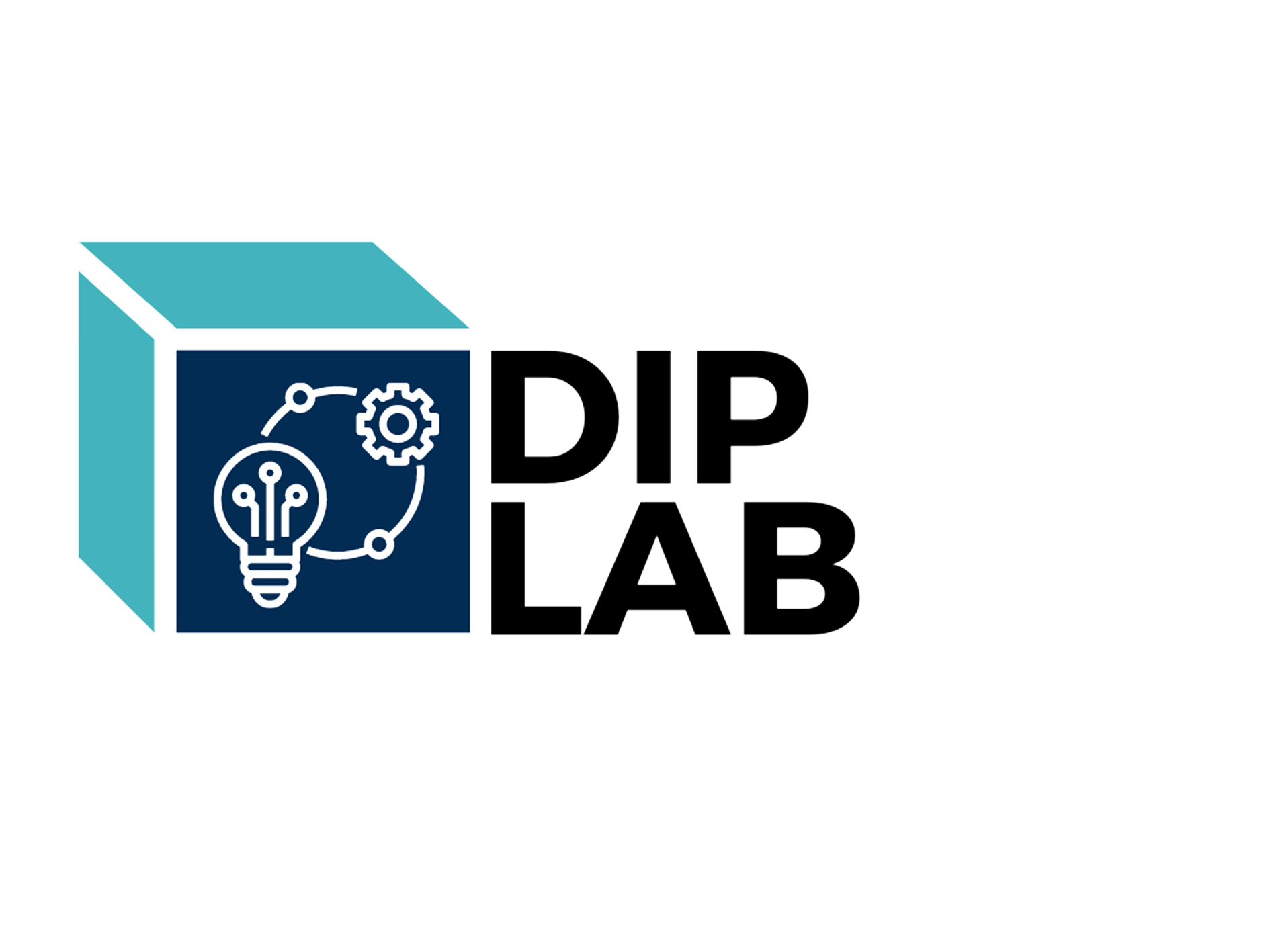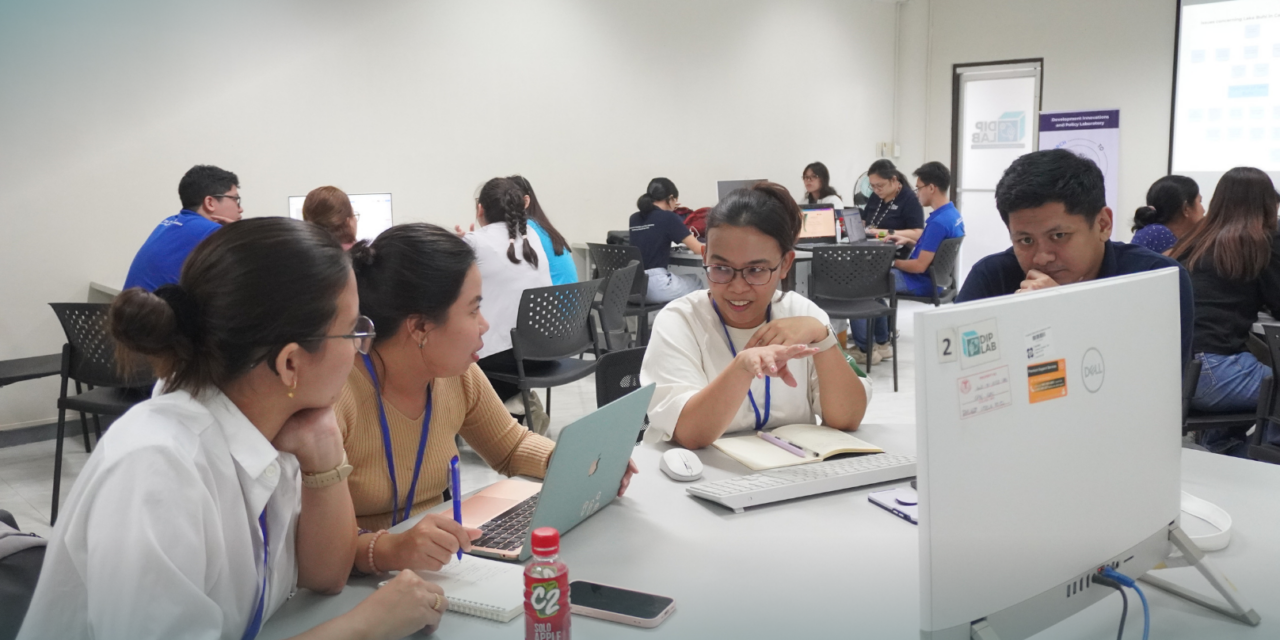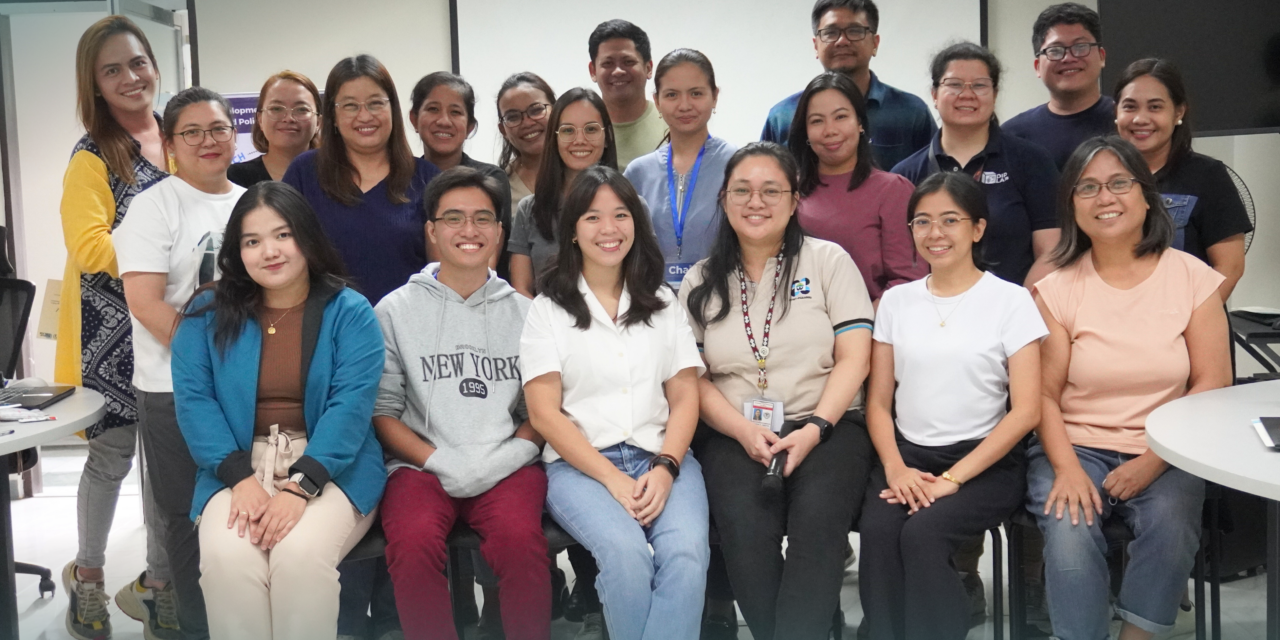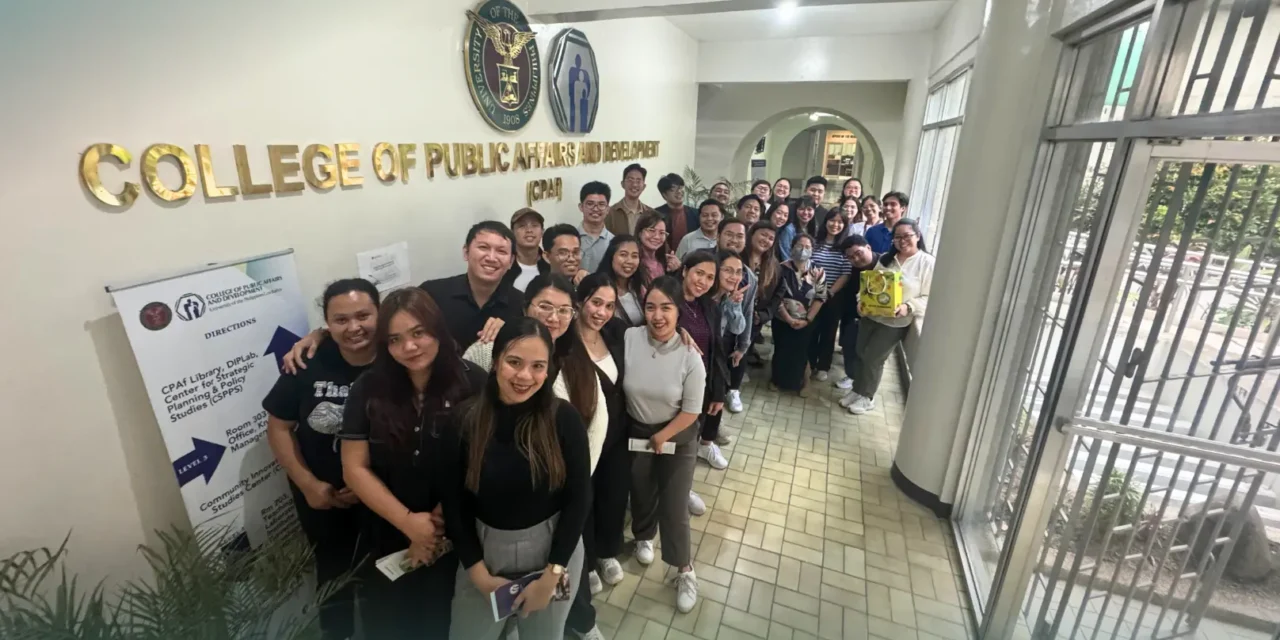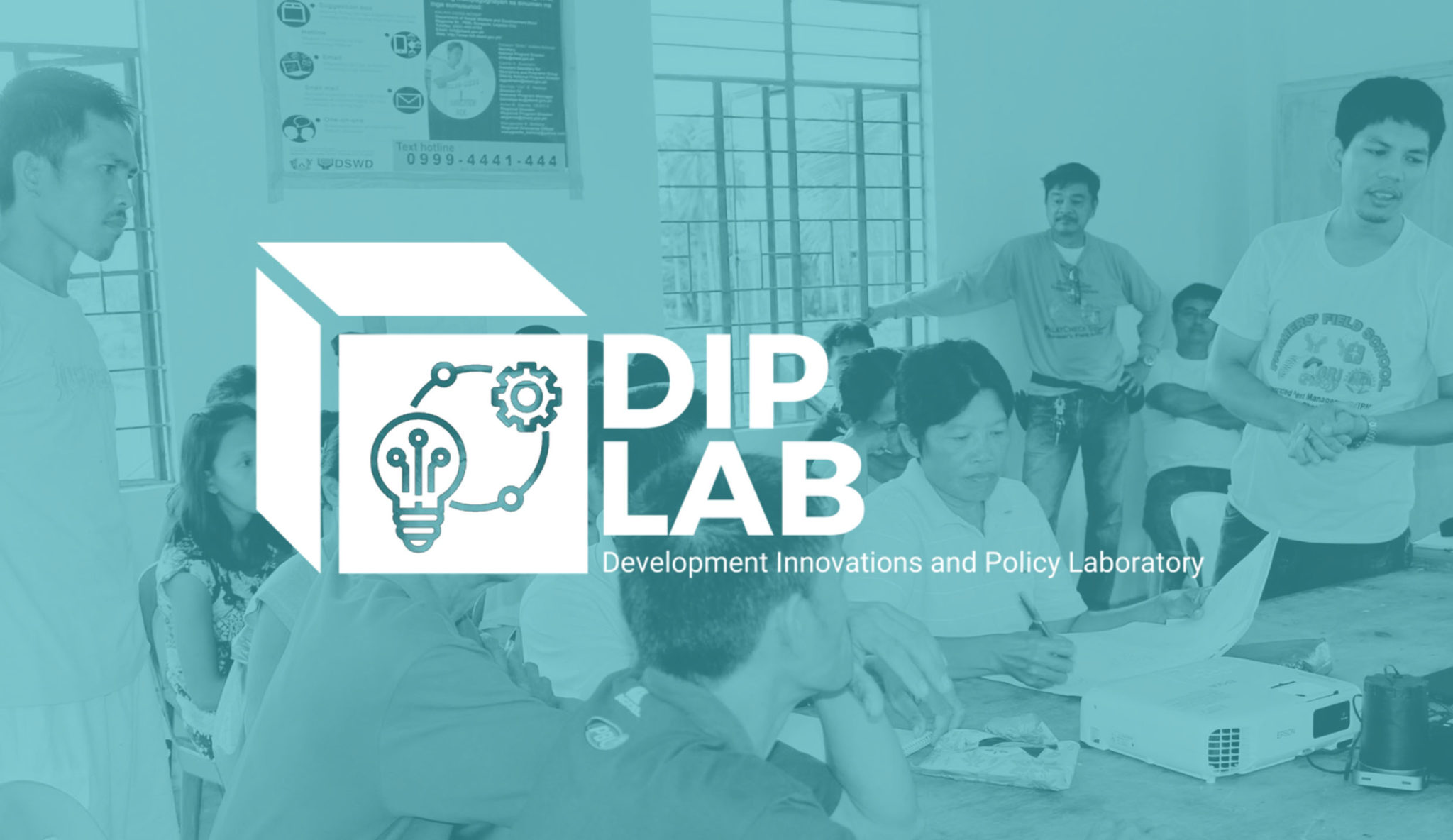
To bridge the gap between research and policymaking, the Center for Strategic Planning and Policy Studies (CSPPS) of the UPLB College of Public Affairs and Development (CPAf) has established the Development Innovations and Policy Laboratory (DIP Lab).
The DIP Lab is the first Agriculture, Aquatic, and Natural Resources (AANR) policy laboratory in the Philippines. The 2-year project is funded by the Department of Science and Technology (DOST) Philippine Council for Agriculture, Aquatic and Natural Resources (PCAARRD) with support from the UPLB Future Proofing Fund. Its primary focus is to transform sound evidence from research studies in the AANR sector into innovative policy solutions for societal development.
The establishment of the DIP Lab aims to help build capacities in inclusive, evidence-based policy analysis, design, and advocacy. It is expected to cultivate a holistic discourse among various stakeholders through public engagement activities and technical advisory services.
DIP Lab services
Under the leadership of Dr. Aileen V. Lapitan, CSPPS director, the DIP Lab project team will develop a database of policy-related knowledge products in the AANR sector. Free and open to public, the database will function as a digital repository of reports, executive orders, proclamations, journal articles, house bills, and local ordinances.
Capacity-building activities will also be conducted for different stakeholders and CSPPS staff. External stakeholders of the DIP Lab include scientists, policy researchers, analysts, graduate students, decision-makers, and policymakers in government and non-government agencies, academe and research institutions, local government units, people’s organizations, and the private sector.
One of the activities is the series of trainings on strategic planning and policy analysis, which will be facilitated by CPAf’s in-house experts and specialists within and outside the UP system. To enhance training outcomes, the DIP Lab also plans to develop three learning modules on the following topics: policy analysis, strategic planning, and results-based monitoring and evaluation.
Moreover, a state-of-the-art learning and innovation facility will also be constructed at the CPAf building for face-to-face and virtual activities (e.g., hackathons, round table discussions, role-playing/simulation games). The facility will serve as a neutral ground where experts from the academe, policy decision-makers, community organizations, CPAf students, and other stakeholders can come together and co-create and co-design policy innovations.
To help further link research-based evidence with decision-making, the DIP Lab will publish policy communication products and information materials on its social media accounts. Also in the pipeline is a podcast, which will provide a platform to discuss policy issues and connect with stakeholders.
Initial phase
On its first year of implementation, the DIP Lab project will offer support to DOST PCAARRD-funded projects on watershed and lake governance by assisting in the projects’ policy advocacy initiatives. Specifically, the DIP Lab will be involved in the stakeholders’ consultation and analysis, consensus building, and translating of research results into advocacy agenda.
Working hand-in-hand with the Socio-Economics Research and Data Analytics Centers (SERDACs) in the regions and the Socio-Economics Research and Data Analytics Laboratory (SERDAL) in UPLB, the DIP Lab will pursue data analytics-driven policy research while also promoting capacity development for policy analysis in the regions.
As the DIP Lab gains ground, it is expected to continue its pursuit of bringing the policymaking process out of the silos and pushing for the inclusion of the public perspective in the picture. With collaboration and innovation at its core, the DIP Lab intends to help manifest meaningful change for those who need it most.
To know more about the DIP Lab, you may visit its Facebook page or send an email to diplab.uplb@up.edu.ph. (Therese Marie Quilnat)
